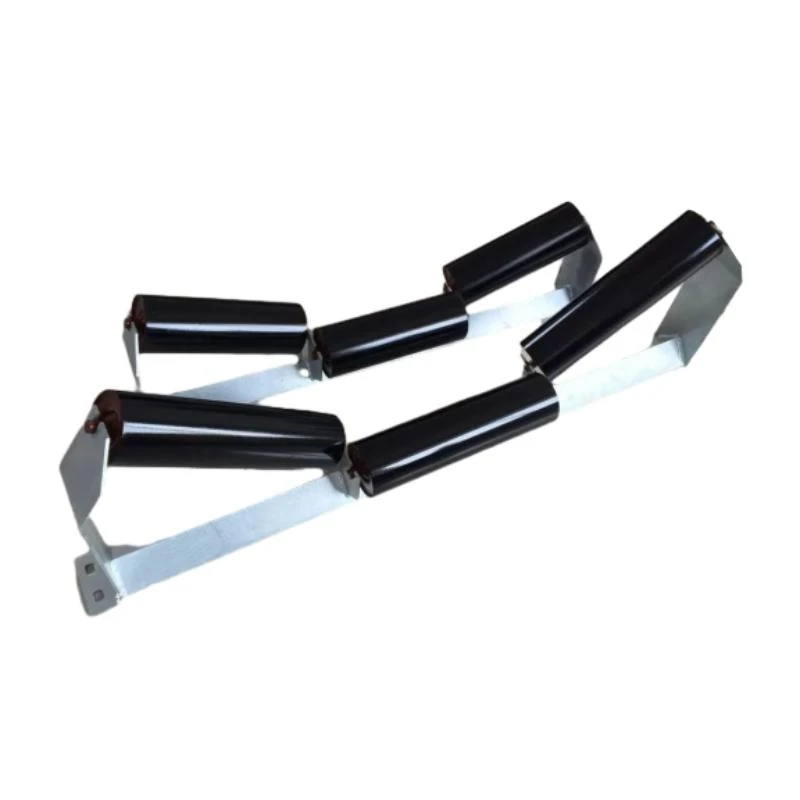 Afrikaans
Afrikaans  Albanian
Albanian  Amharic
Amharic  Arabic
Arabic  Armenian
Armenian  Azerbaijani
Azerbaijani  Basque
Basque  Belarusian
Belarusian  Bengali
Bengali  Bosnian
Bosnian  Bulgarian
Bulgarian  Catalan
Catalan  Cebuano
Cebuano  Corsican
Corsican  Croatian
Croatian  Czech
Czech  Danish
Danish  Dutch
Dutch  English
English  Esperanto
Esperanto  Estonian
Estonian  Finnish
Finnish  French
French  Frisian
Frisian  Galician
Galician  Georgian
Georgian  German
German  Greek
Greek  Gujarati
Gujarati  Haitian Creole
Haitian Creole  hausa
hausa  hawaiian
hawaiian  Hebrew
Hebrew  Hindi
Hindi  Miao
Miao  Hungarian
Hungarian  Icelandic
Icelandic  igbo
igbo  Indonesian
Indonesian  irish
irish  Italian
Italian  Japanese
Japanese  Javanese
Javanese  Kannada
Kannada  kazakh
kazakh  Khmer
Khmer  Rwandese
Rwandese  Korean
Korean  Kurdish
Kurdish  Kyrgyz
Kyrgyz  Lao
Lao  Latin
Latin  Latvian
Latvian  Lithuanian
Lithuanian  Luxembourgish
Luxembourgish  Macedonian
Macedonian  Malgashi
Malgashi  Malay
Malay  Malayalam
Malayalam  Maltese
Maltese  Maori
Maori  Marathi
Marathi  Mongolian
Mongolian  Myanmar
Myanmar  Nepali
Nepali  Norwegian
Norwegian  Norwegian
Norwegian  Occitan
Occitan  Pashto
Pashto  Persian
Persian  Polish
Polish  Portuguese
Portuguese  Punjabi
Punjabi  Romanian
Romanian  Russian
Russian  Samoan
Samoan  Scottish Gaelic
Scottish Gaelic  Serbian
Serbian  Sesotho
Sesotho  Shona
Shona  Sindhi
Sindhi  Sinhala
Sinhala  Slovak
Slovak  Slovenian
Slovenian  Somali
Somali  Spanish
Spanish  Sundanese
Sundanese  Swahili
Swahili  Swedish
Swedish  Tagalog
Tagalog  Tajik
Tajik  Tamil
Tamil  Tatar
Tatar  Telugu
Telugu  Thai
Thai  Turkish
Turkish  Turkmen
Turkmen  Ukrainian
Ukrainian  Urdu
Urdu  Uighur
Uighur  Uzbek
Uzbek  Vietnamese
Vietnamese  Welsh
Welsh  Bantu
Bantu  Yiddish
Yiddish  Yoruba
Yoruba  Zulu
Zulu polyethylene roller
The Versatility and Applications of Polyethylene Rollers
Polyethylene rollers are essential components in various industries, owing to their unique properties, cost-effectiveness, and versatility. Made from polyethylene, a type of plastic known for its durability and resistance to moisture and chemicals, these rollers serve a wide range of functions across different applications.
One of the most significant attributes of polyethylene is its lightweight nature. This characteristic makes polyethylene rollers much easier to handle and install than their metal counterparts. Industries that require transportation of goods on conveyor belts or systems often prefer these rollers because they reduce the overall weight of the machinery, making the system easier to manage and maintain.
In addition to being lightweight, polyethylene rollers also offer excellent resistance to corrosion and chemical reactions. Many industrial environments use solvents, acids, or other harsh substances that can quickly degrade metal rollers. In contrast, polyethylene shows remarkable resilience against such materials, making it an ideal choice for operations involving the handling of chemicals or food products. This resistance also translates into a longer lifespan, ultimately resulting in reduced maintenance costs and downtime for businesses.
The low friction coefficient of polyethylene rollers is another considerable advantage. They facilitate smooth movement, reducing the wear and tear on both the roller and the products being transported. This smooth operation is particularly critical in packaging operations, where delicate items need to be moved without sustaining damage. As a result, companies can ensure higher efficiency and productivity in their operations.
Polyethylene rollers are also versatile in terms of temperature tolerance. They can be manufactured to withstand a range of temperature conditions, making them suitable for both freezing and drying environments. This adaptability allows them to be utilized in various sectors, including food processing, pharmaceuticals, and chemical manufacturing. Each application may have specific requirements, but polyethylene rollers can be customized to fit those needs, further enhancing their utility.
polyethylene roller

Another important aspect to consider is the environmental impact of polyethylene rollers. While concerns exist surrounding plastic products, it's important to note that polyethylene is 100% recyclable. Many manufacturers are beginning to incorporate recycled materials into their production processes. This shift not only helps reduce waste but also lowers energy consumption during manufacturing. Furthermore, companies that prioritize sustainability can promote their use of polyethylene rollers as part of their eco-friendly initiatives.
The manufacturing process of polyethylene rollers itself is also worth mentioning. They can be produced in various sizes and shapes, ensuring compatibility with different systems and applications. This flexibility allows for custom designs that cater to specific operational needs. Advanced manufacturing techniques, such as rotational molding or extrusion, enable producers to create rollers that meet stringent quality standards while offering the exact specifications required by the end-users.
Safety is another critical factor where polyethylene rollers excel. Unlike metal, polyethylene does not pose risks of splintering or causing injury through rust or sharp edges. This feature becomes particularly crucial in workplace environments where safety standards are paramount. Employees can operate machinery equipped with polyethylene rollers with a lower risk of injury, contributing to a safer working atmosphere.
In conclusion, the adoption of polyethylene rollers across numerous industries showcases their immense potential and adaptability. From their lightweight and durable nature to their resistance to chemicals and environmental factors, polyethylene rollers provide significant advantages over traditional materials. Their role in enhancing operational efficiency, reducing maintenance costs, and promoting workplace safety cannot be understated. As industries continue to evolve and seek sustainable alternatives, polyethylene rollers will undoubtedly remain a preferred choice, catering to various applications while aligning with modern environmental standards.
With the continuous advancement in manufacturing technologies, the future of polyethylene rollers looks promising. As new formulations and designs emerge, they will continue to meet the evolving needs of industries, offering solutions that are both efficient and sustainable. Ultimately, polyethylene rollers prove that innovation in material science can lead to practical applications that benefit businesses and the environment alike.
-
Revolutionizing Conveyor Reliability with Advanced Rubber Lagging PulleysNewsJul.22,2025
-
Powering Precision and Durability with Expert Manufacturers of Conveyor ComponentsNewsJul.22,2025
-
Optimizing Conveyor Systems with Advanced Conveyor AccessoriesNewsJul.22,2025
-
Maximize Conveyor Efficiency with Quality Conveyor Idler PulleysNewsJul.22,2025
-
Future-Proof Your Conveyor System with High-Performance Polyurethane RollerNewsJul.22,2025
-
Driving Efficiency Forward with Quality Idlers and RollersNewsJul.22,2025





























